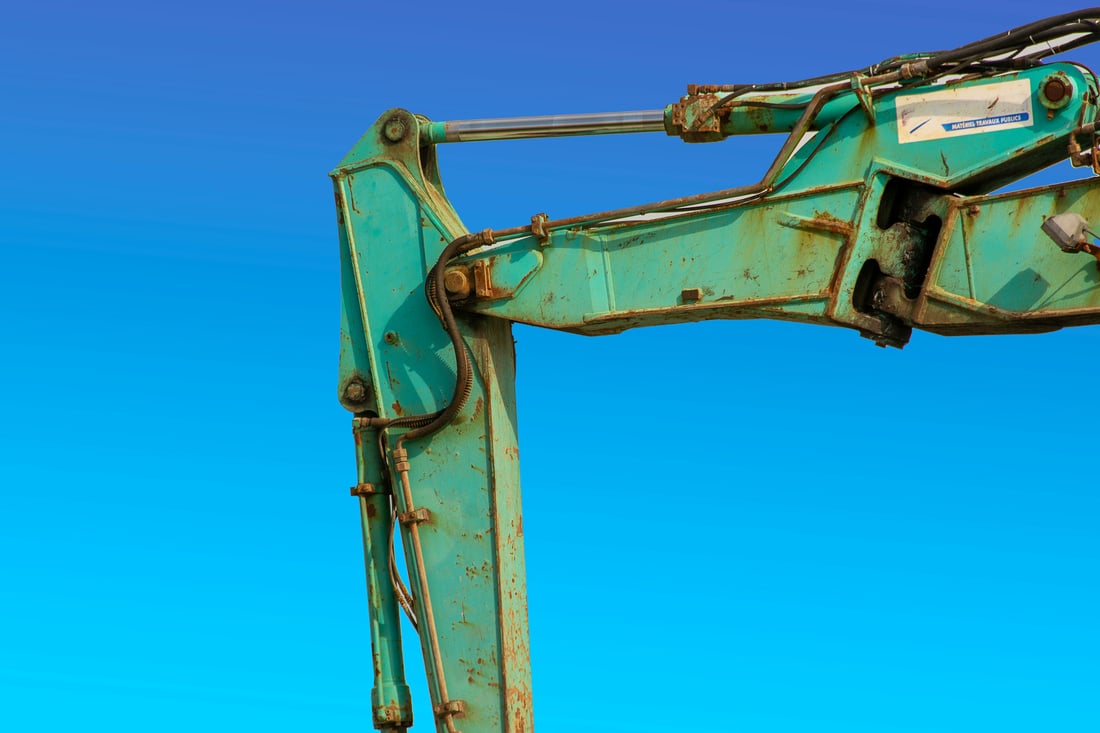Introduction
industrial inspection is an important aspect of maintaining safety and quality in various business industries, from manufacturing to construction. It involves a thorough evaluation of equipment, facilities, and processes to ensure compliance with industry standards and regulations. In this article, we will discuss the different aspects of industrial inspection and why it is essential for a successful business operation.
Types of Industrial Inspection
Industrial inspection can be classified into different types, depending on the area of focus. These include:
Mechanical Inspection
Mechanical inspection involves the evaluation of machinery and equipment in the workplace. This type of inspection involves checking for wear and tear, proper functioning of parts, and adherence to safety guidelines.
Electrical Inspection
Electrical inspection focuses on the electrical systems and equipment in the workplace. This inspection aims to ensure the safe installation and operation of electrical systems within the facility.
Structural Inspection
Structural inspection involves assessing the structural integrity of the building or facility. This type of inspection is particularly important in the construction industry, where safety risks associated with weak structures are high.
The Importance of Industrial Inspection
Industrial inspection is vital for several reasons, including:
Compliance
Industrial inspection ensures that businesses comply with industry standards and regulations. Failure to comply with the standards can result in fines, legal implications, and even business closure.
Safety
Safety is a critical factor in any business operation. Industrial inspection helps identify safety hazards, allowing management to develop safety protocols and minimize the risk of accidents and injuries.
Maintenance
Industrial inspection can identify issues with equipment or facilities, allowing management to perform timely maintenance to avoid costly repairs or replacements.
The Inspection Process
The industrial inspection process involves several steps, including:
Preparation
Before the inspection, management should ensure that the workplace is clean and organized, with all equipment and machinery accessible and clearly identifiable.
Inspection
The inspector performs a comprehensive evaluation of the facility, equipment, and processes to identify any deficiencies or hazards.
Findings
After the inspection, the inspector provides a report of the findings to management, detailing any violations and recommendations to improve safety and compliance.
Resolution
Management should develop an action plan to address the findings, including timelines, allocation of resources, and assignment of responsibilities.
Choosing an Industrial Inspection Provider
When selecting an industrial inspection provider, consider their experience, certifications, and reputation in the industry. The provider should also have a thorough understanding of the regulations and standards relevant to your industry.
Conclusion
Industrial inspection is a crucial aspect of maintaining safety, compliance, and efficiency in any business operation. Business owners and managers should take a proactive approach to industrial inspection, ensuring that it is performed regularly and comprehensively.
Quote Inquiry
Contact us!

